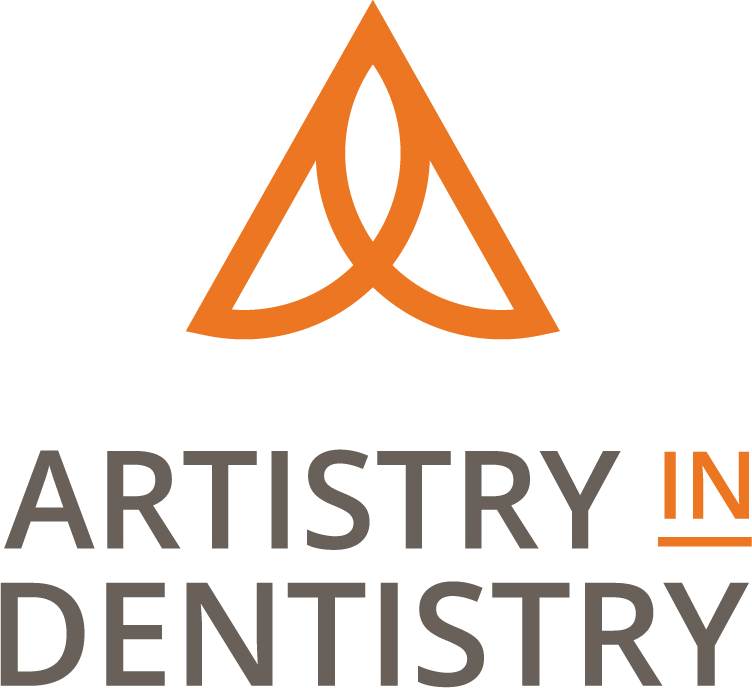
Have you ever used any of these words to describe your mouth; cotton mouth, dry mouth, parched, or even “as dry as the Sahara desert?” You’re not alone! At Artistry in Dentistry in Gilbert AZ, we see plenty of patients with similar problems. Dry mouth is common for many adults and 20% of elderly people. The clinical term for dry mouth is xerostomia.
It’s not a disease, but often a side effect of an underlying condition or treatment. Not only is it uncomfortable; it can also interfere with your speech, make swallowing more difficult, cause bad breath, make wearing dentures difficult, and worsen your oral hygiene by lowering the pH in your mouth, which increases bacterial growth. What many patients don’t realize is that prolonged dry mouth can also cause severe tooth decay, which is why you should never miss a tooth cleaning appointment.
The most common culprit for dry mouth is medications. According to RDHmag.com, the types of medications most likely to create the symptoms of dry mouth include antidepressants and anti-anxiety drugs, antihypertensives, antihistamines and decongestants, some analgesics, antidiarrheal medications, muscle relaxants, and drugs that treat urinary incontinence and Parkinson’s disease. The website www.drymouth.info provides list of medications associated with dry mouth.
Another common cause is head and neck radiation therapy. Systemic diseases can cause dry mouth including autoimmune diseases – particularly Sjogren’s and Lupus. So can poorly-controlled diabetes, hyperthyroidism, Parkinson’s, and 60% of bone marrow transplants.
So you’re probably asking what you can do about it? Here’s a list of treatment options to help moisten the mouth and protect the teeth against decay.
- If possible, change the medication that’s causing the dry mouth
- Sipping water or melting ice in the mouth – but don’t chew on the ice!
- Prescription fluoride toothpaste such as Fluoridex® or Prevident®
- Biotene® and ACT® Dry mouth rinses
- Avoid using products containing the drying agent SLS (Sodium Laurel Sulfate.) Sensodyne does not contain SLS and is a great toothpaste.
- OTC fluoride or xylitol mouth rinses
- Regular use of products with xylitol listed as the first ingredient. Many chewing gums have this. It stimulates salivary flow and discourages decay-causing bacteria.
- Gels that neutralize oral pH such as Biotene® gel.
- Application of vitamin E ointment to dry lips
- Customized fluoride trays for use with remineralizing agents such as MI Paste.
While shopping at Wal-Mart last week, our dental team often takes photos of the products that we recommend to our Gilbert patients:

